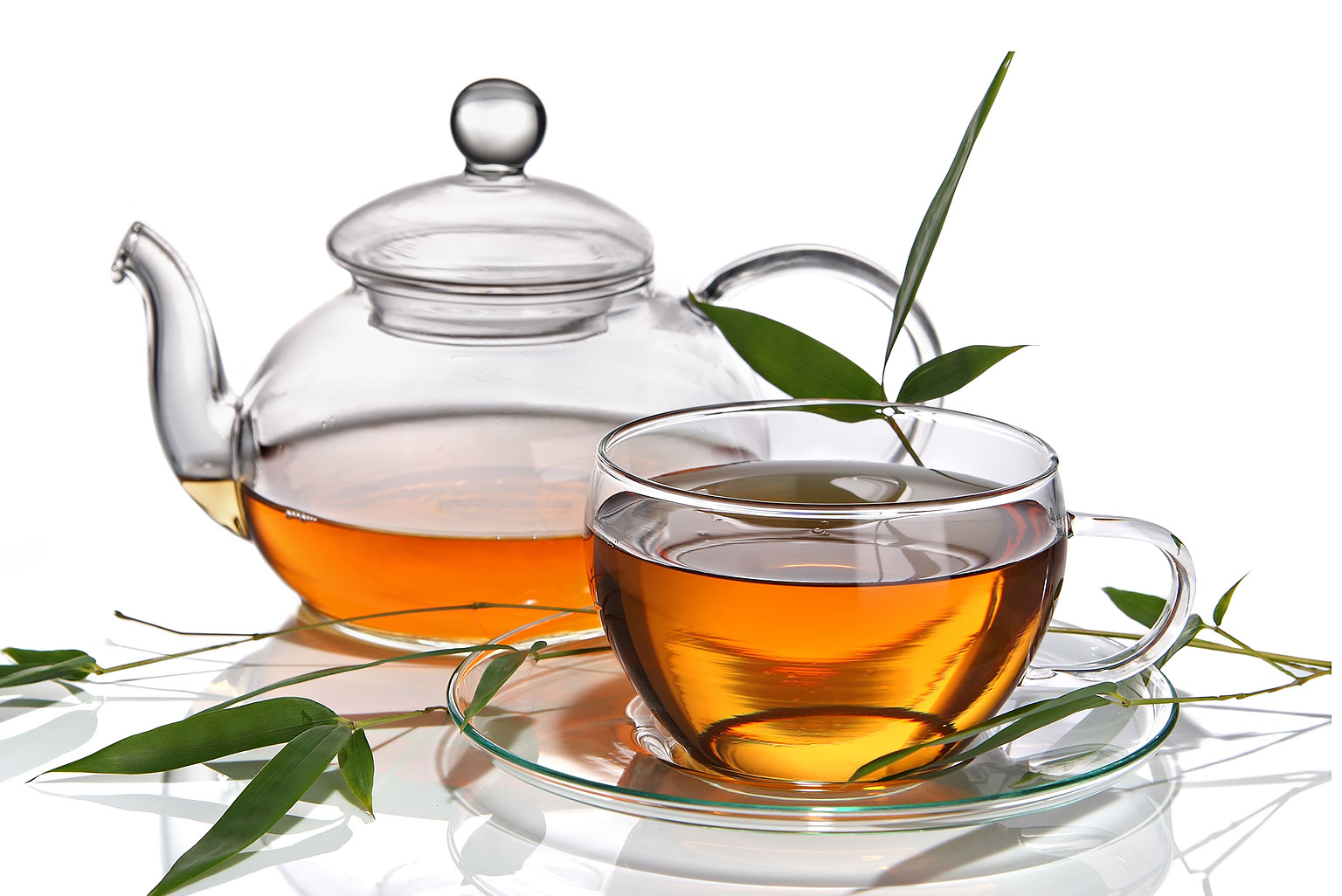Morning is synonymous with tea. Most of the world wakes up in the morning with a cup of tea, making the “elixir of life” the most consumed beverage after water worldwide.
Over time, the choice of tea has only increased: from green tea, black tea to a variety of herbal teas. It is available not only in a variety of flavors, but also in a variety of varieties that serve different purposes. If black tea helps to get rid of the desire to eat, then the popular green tea helps to get rid of excess weight.
Herbal tea helps boost immunity and fight fevers and infections. Drinking tea in moderation has many benefits: it helps boost energy, protect heart health, lower cholesterol, and aid in weight loss. However, too many cups of tea can reduce nutrient absorption, increase anxiety, worsen sleep quality, and cause heart attacks.
It is also important to know the right time to drink tea and not combine it with main meals. Strong tea on an empty stomach should also be avoided.
Tea warms the body and adds health benefits to the diet. However, not many tea lovers know that even tea contains caffeine. Depending on how tea is grown and processed, its caffeine content varies. The highest amount of caffeine is found in black tea and matcha tea, while green tea has an average amount. Oolong tea contains less caffeine than other varieties. Herbal tea does not contain caffeine,
says Sakshi Lalvani, a Delhi-based nutritionist, nutritionist, active lifestyle expert and independent nutrition consultant.
Can I drink tea immediately after a meal or with breakfast?
Because tea contains caffeine, which can boost our energy and also supports the digestive system, for most people, their energy tends to be lower after meals and in the morning. Based on this, it makes sense to drink tea immediately after meals during the day. Tea contains tannic acid and reacts with protein and iron found in food. As a result, it interferes with the absorption of these components. Therefore, it is recommended to do this about fifteen to twenty minutes after eating. However, since many of your favorite teas contain caffeine, drinking tea after dinner is usually not recommended.”
– Lavani says.


Can you drink tea on an empty stomach?
Tea contains tannins, which can cause a slight increase in acidity. If a person has high acidity, then perhaps he should avoid very strong tea in the morning on an empty stomach. In this case, you can add some milk to make the tea less strong.
Healthy teas
If after an evening meal you feel like drinking a cup of hot tea, try switching to herbal teas. Herbal teas like chamomile can help you unwind after a long day at work and even help you get a better night’s rest.
How many cups of tea can you drink in a day?
Many nutritionists believe that 2-3 cups of tea per day is enough.
Avoid drinking tea just before bed.

Some tips for drinking tea:
- Do not boil tea for too long. Brewing at a low temperature helps preserve the beneficial properties of tea.
- Don’t add too much milk and sugar. The real essence of tea comes out without the addition of milk and sugar. Even if you want to add milk, add hot milk at the end and turn off the gas after boiling. Do not brew tea for a long time.
- Do not use tea bags often. Combine their use with loose leaf tea.
- If you want to drink tea in the evening, then it is best to drink it around 20:30, as this is the time when digestion is strongest, and we can take an extra dose of caffeine to help our food metabolism.
- Drinking tea around 3:00 pm is very beneficial for the body, as it boosts immunity and prevents flu and colds.




